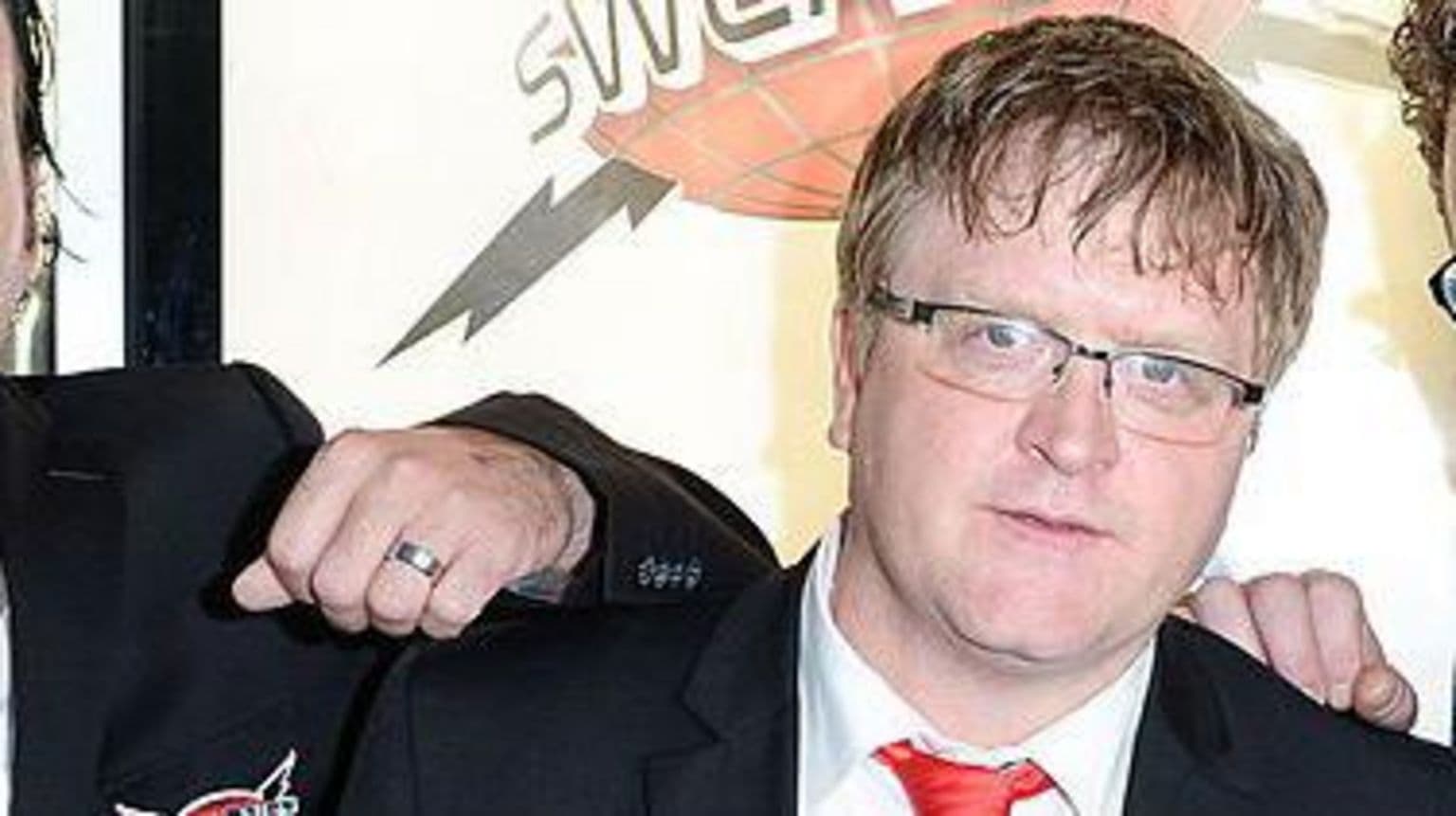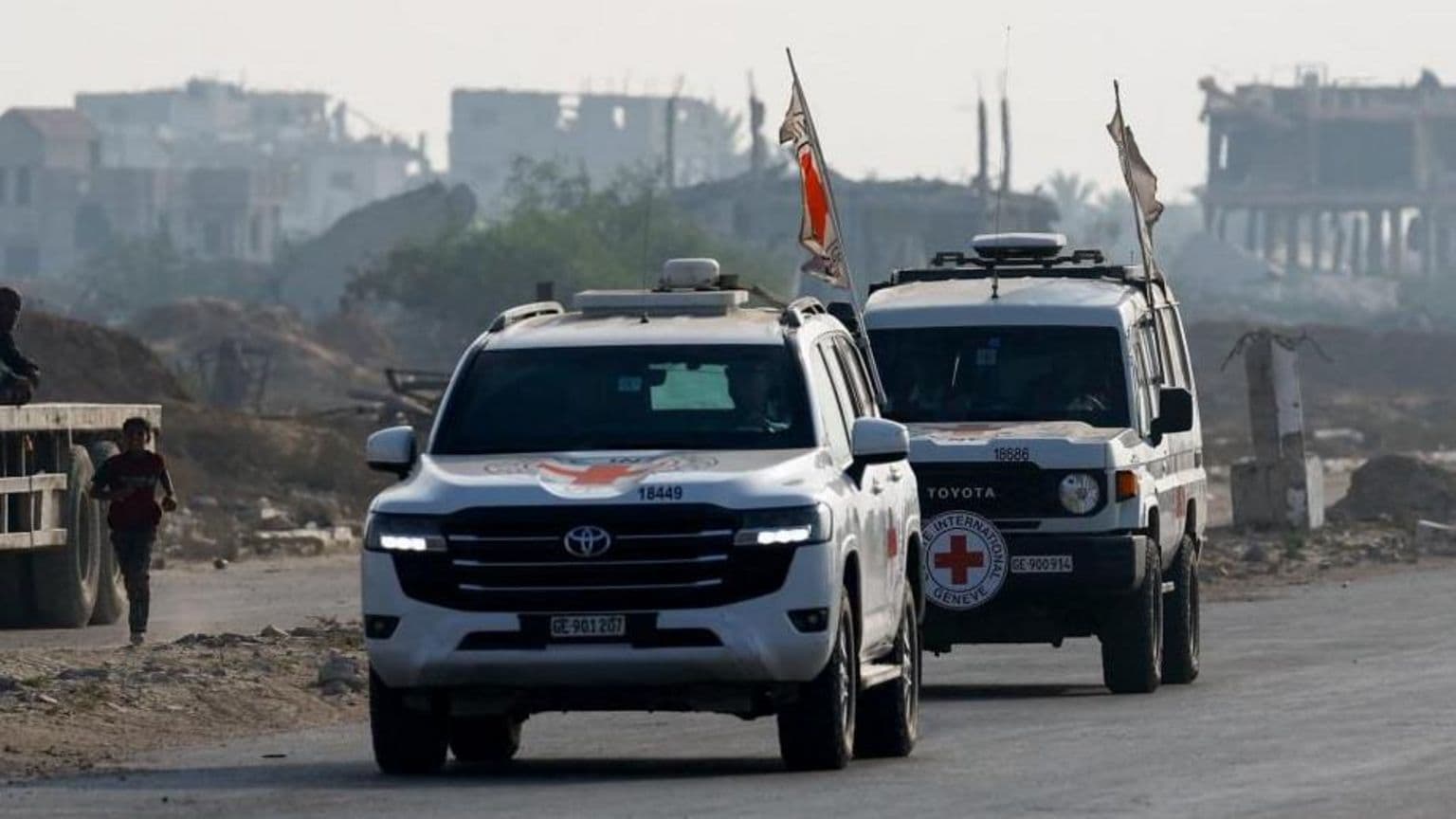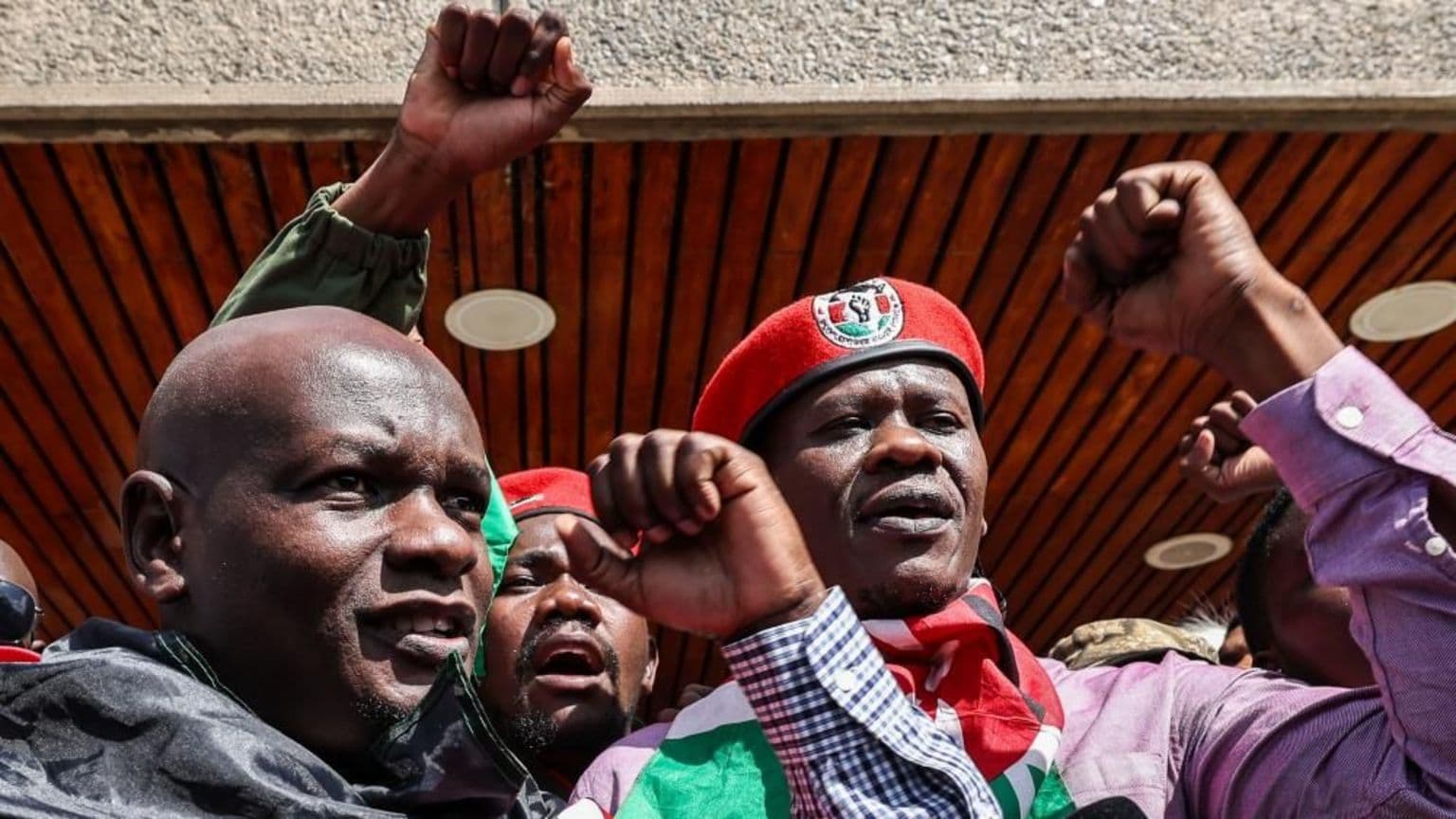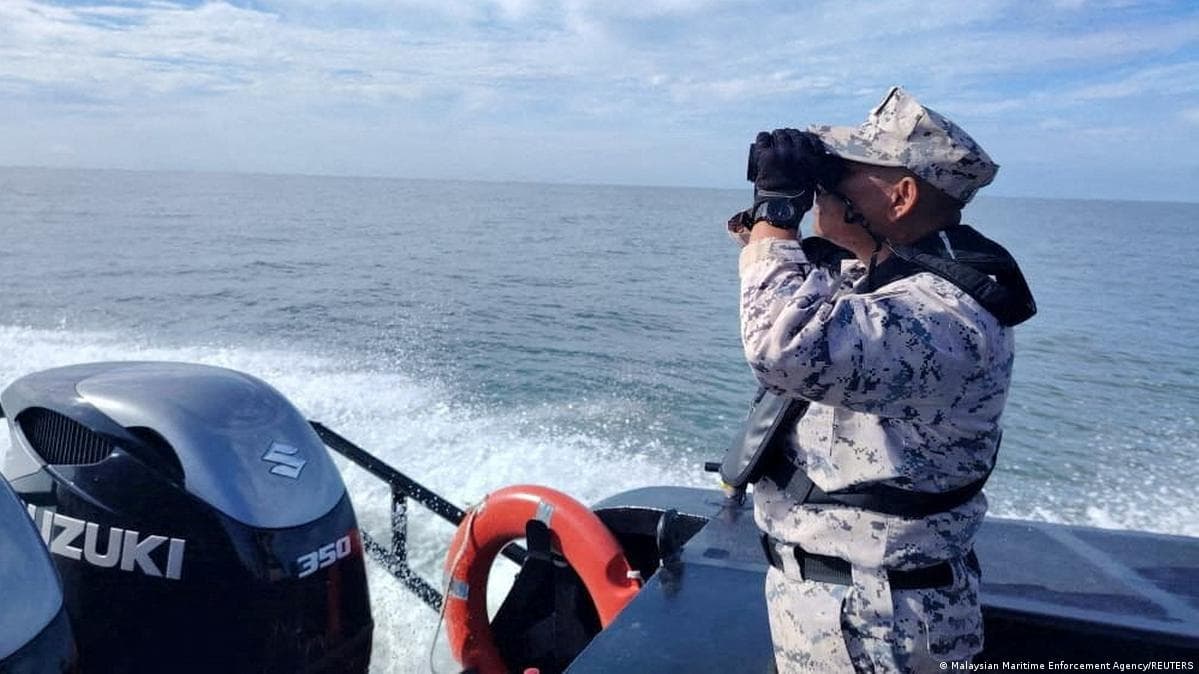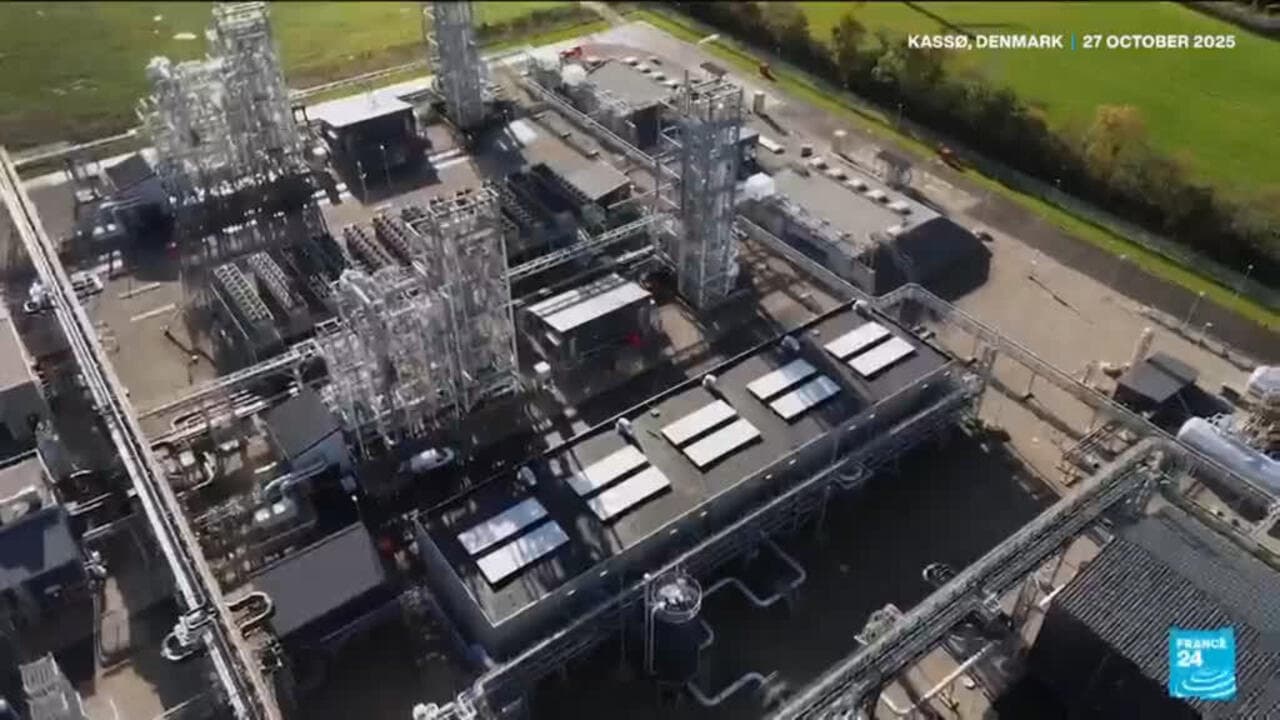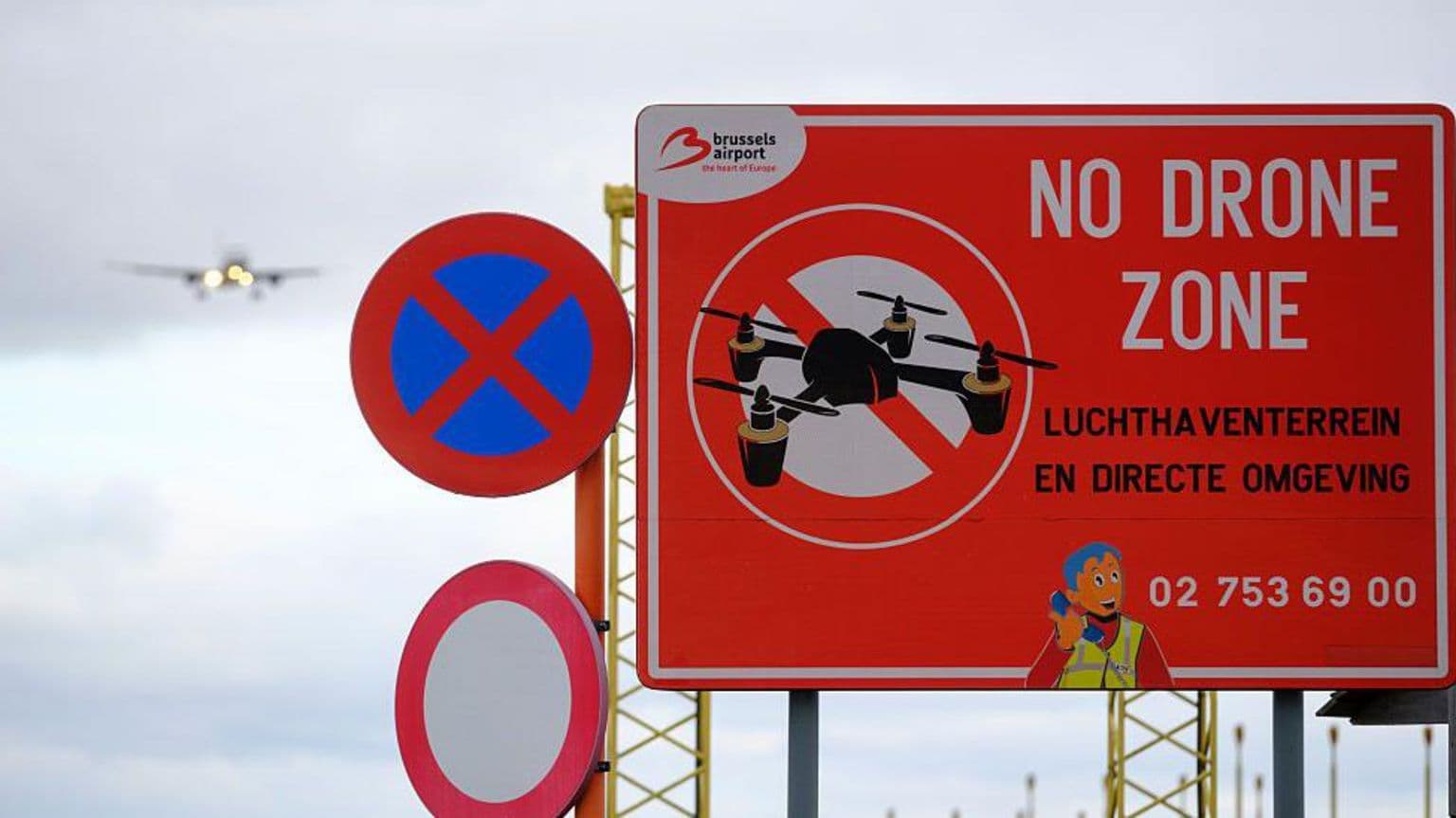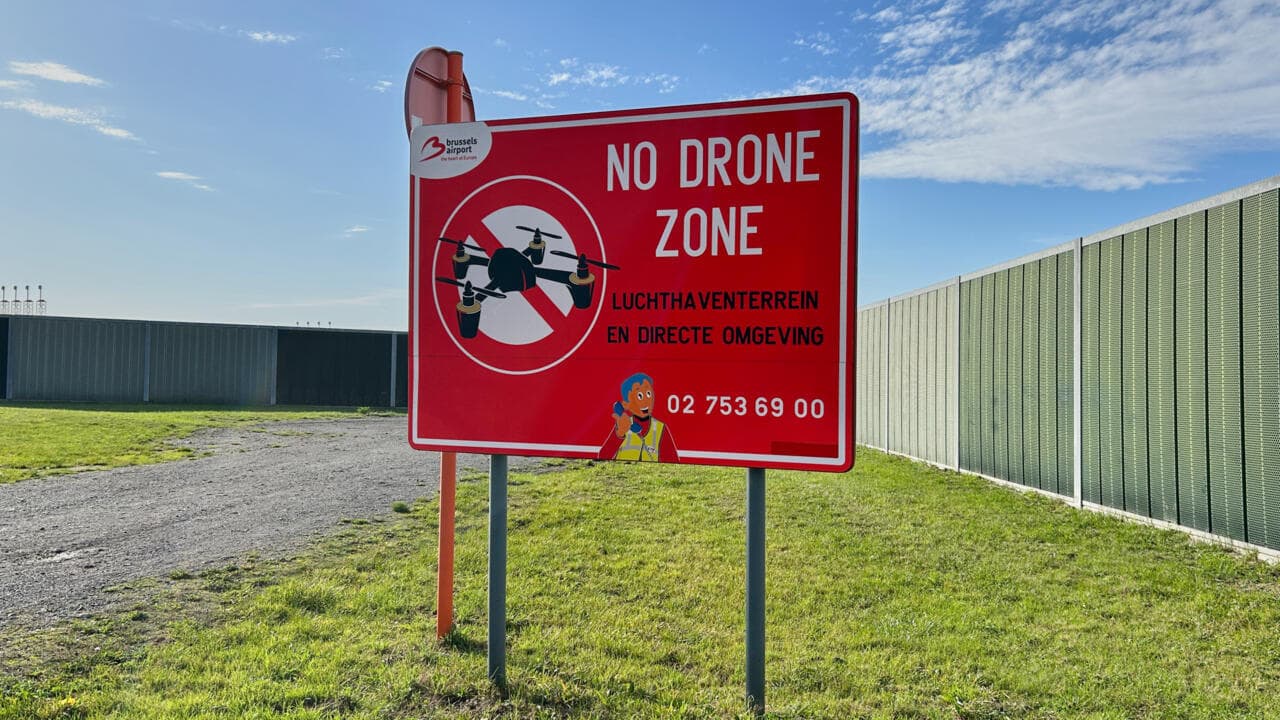
Here are the latest headlines and analysis on the Russia-Ukraine war on Sunday, November 9:
Russia said Sunday that its forces had captured the settlement of Rybine in Ukraine's southern Zaporizhzhia region. The Russian Defense Ministry said in a statement on Telegram that Russian troops managed to take control of the area "despite დაბომბვა და მუდმივი მტრული დრონის თავდასხმები." The claim cannot be independently verified.
The UK has said it is sending experts and equipment to Belgium to help deal with the problem of drone sightings near airports. The announcement comes after Belgium's main international airport in Brussels and Liege, one of Europe's largest cargo airports, were forced to temporarily close last week due to drone incursions. Belgium has not said who was piloting the drones. "We don't know - and the Belgians still don't know - the source of these drones, but we're going to help them with our equipment and capabilities, which we've already started doing to help Belgium," Air Marshal Richard Knighton, the head of the UK's armed forces, told the BBC.
Drone incidents in recent months have forced airports to suspend flights simultaneously across Europe. Russia has been accused of some of the cases.
Belgium is home to NATO and EU headquarters.
Ukraine's state electricity provider Centerenergo warned that its generating capacity had "dropped to zero" after Russia launched a massive attack on Ukraine's energy facilities the previous Saturday night. The strikes "targeted the same thermal power stations that we had restored following the devastating attack in 2024," the company said in a statement. Ukraine's electricity transmission system operator Ukrenergo said electricity supply would be cut off between 8 and 16 hours in most of Ukraine on Sunday as authorities attempt to conduct repairs and restore power. Ukrainian Energy Minister Svetlana Grinchuk called it "one of the most difficult nights" since the full-scale war began. "The enemy carried out a massive strike with ballistic missiles, the launch of which is very difficult. It's hard to remember such direct hits on energy facilities since the invasion," she told local broadcaster United News.
Ukrainian Human Rights Commissioner Dmytro Lubinets expressed concerns about an Italian prisoner accused of orchestrating the explosions of the Nord Stream gas pipelines from Russia to Germany in the Baltic Sea. The 49-year-old man's wife said he has been on hunger strike since October 31, Lubinets shared on Telegram, adding that his health condition is now critical. Lubinets formally appealed to Italian authorities to protect the person's fundamental rights. The suspect wants "humane detention conditions and equal treatment with other prisoners in terms of family visits and access to information," his lawyer Nicola Canestrini told journalists. A Ukrainian citizen was detained under arrest in Italy in August. He is awaiting extradition to Germany for a criminal trial.
Russian Foreign Minister Sergey Lavrov said he was ready to meet with US Secretary of State Marco Rubio for talks, but stressed that Russia would not compromise on its core conditions to end the conflict. "Secretary of State Marco Rubio and I understand the need for regular communication," Lavrov told state news agency RIA Novosti. "It's important for discussing the Ukrainian issue and advancing our bilateral agenda. That's why we communicate by phone and are ready to have face-to-face meetings if needed," he added.
Russian President Vladimir Putin announced his conditions for ending the war in June. They include Kyiv's refusal to join the US-led NATO military alliance and recognition of Russia's annexation of four Ukrainian provinces: Donetsk and Luhansk in the east, plus Kherson and Zaporizhzhia in the south.
Ukrainian strikes on energy infrastructure left thousands without power in some areas near the Russian border, local officials said. Vyacheslav Gladkov, governor of Belgorod, said "the power and heating supply network suffered heavy damage" in the capital of the region. "Several streets have been affected by power outages... More than 20,000 residents are without electricity," he said on Telegram. In the western Kursk region, Governor Alexander Khinshtein said the power outage had affected 10 areas. A drone strike also temporarily caused power and heating outages in parts of Voronezh, Governor Alexander Gusev said. Russia's Defense Ministry, in turn, said it had shot down 44 drones near the border in the Bryansk region.
Energy infrastructure has been a major target for both Moscow and Kyiv since Russia launched its full-scale invasion in February 2022. While Moscow has sought to destroy Ukraine's power grid, Ukraine has targeted Russian refineries and other facilities.
The UK is sending Royal Air Force specialists to help Belgium combat the drone threat that is disrupting its airports after disruptions were seen last week, with some politicians blaming Russia. Sir Richard Knighton, the head of the UK's armed forces, said British military personnel would "send our people, our equipment" to help Belgium, although he cautioned that "we still don't know" the origin of the drones seen last week. The decision to offer Belgian assistance came after flights at Brussels and Liege airports were disrupted last Thursday due to drone sightings, which were also reported at Belgian military bases and nuclear facilities. Russia is identified as the most likely culprit, with a series of drone incidents across northern Europe this autumn. However, Knighton said he was "very happy" to act for NATO allies even without knowing who was behind the drone flights.
Last week, Boris Pistorius, Germany's defense minister, said he believed the drone incursion "was probably linked to the use of frozen Russian assets that are being held in Belgium." EU and UK politicians are debating how to release Russian central bank assets, which are mostly held in Belgium, to support a 140 billion euro (120 billion pound) loan to Ukraine.
Sir Richard Knighton, the head of the UK's armed forces, in his first television interviews since he replaced Adm Sir Tony Radakin as chief of the defense staff in September, said "Russia is now the most pressing threat" and the UK needs to strengthen "against hybrid warfare," including cyber and space, against sabotage and assassination plots on British soil.
In an interview with the BBC, Knighton admitted that the UK's armed forces had been "battered" since the end of the Cold War 30 years ago. "We know we have gaps in our weapons stocks. We know we don't have all the people we need," he said, when asked for details.
UK defense spending is set to rise from GBP 62.2 billion this year to GBP 71 billion by 2027-28, in line with plans to increase the military budget to 2.6% of GDP during this Parliament. But money has been limited by tight budgets, domestic overspending, and a heavy focus on new equipment in previous years.
Knighton said he was "confident" that the armed forces were a "safe place" for women because of changes made since Gnr Jaslyn Beck, 19, killed herself in 2021 after being sexually harassed by a senior colleague and bombarded with texts and voice messages by another line manager. Early this month, Beck's mother, Leanne McCreadie, said women shouldn't join the army because they weren't properly protected in a male-dominated environment. "They protect themselves, not the soldiers," she said. "It was a terrible case," Knighton said. "I understand why Jaslyn Beck's mother said that. What happened to Jaslyn was completely unacceptable. It was criminal. She was betrayed." He said the military had made changes since then, including the introduction of an independent Defense Serious Crime Unit and a Victim and Witness Care Unit. He said victims could choose whether allegations of crimes such as rape and serious sexual assault were heard in military courts or civil courts.




